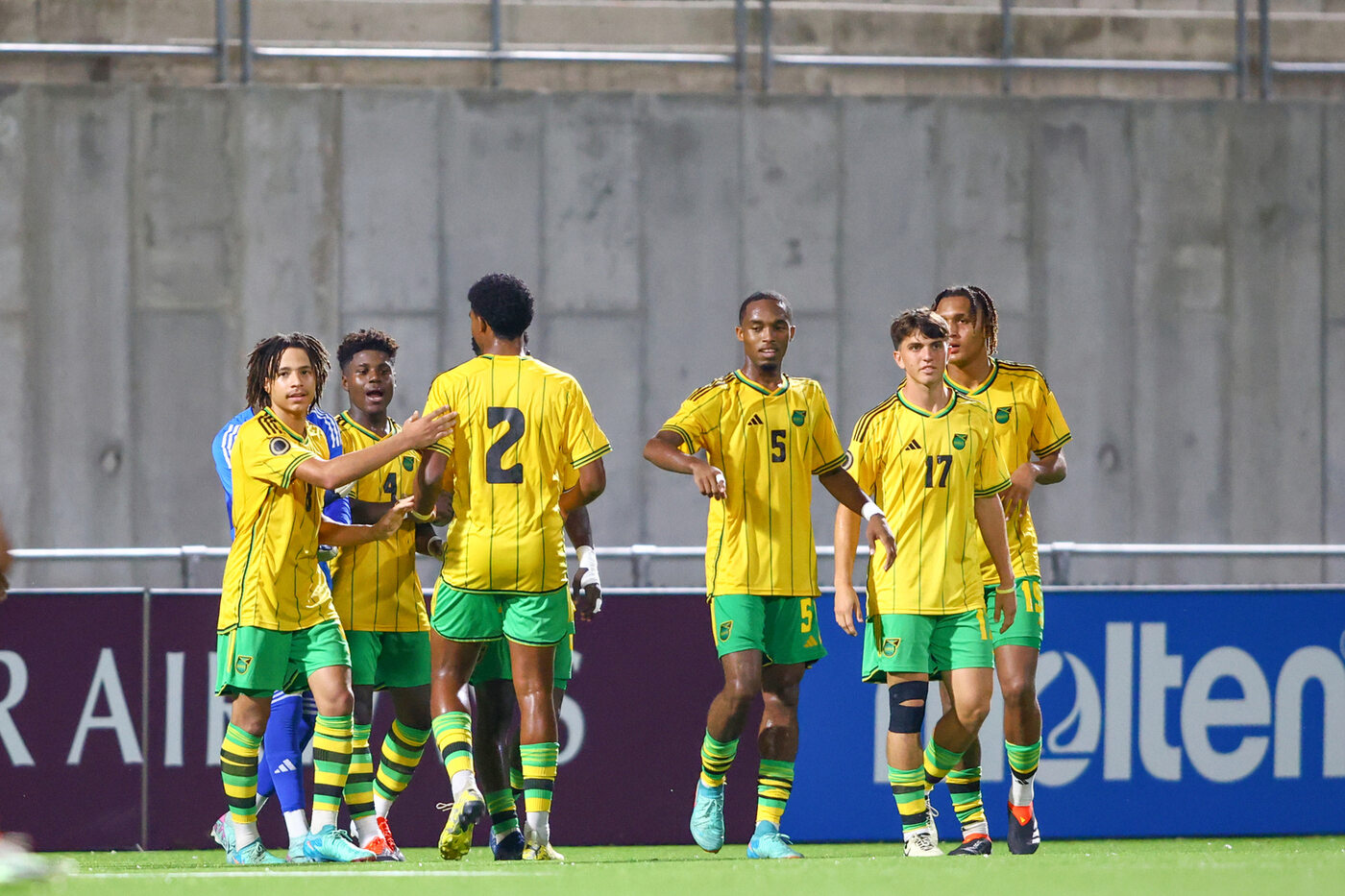
Caribbean football is more than just a sport; it's a vibrant part of the region's culture. From the sun-soaked beaches to the bustling cities, football unites people of all ages. But what makes Caribbean football unique? Passion and flair are at the heart of every game. The region has produced some incredible talent, with players making their mark on international stages. Did you know that the Caribbean has its own football federation, the Caribbean Football Union (CFU)? This organization oversees competitions and development programs, fostering young talent. Whether you're a die-hard fan or new to the sport, these 25 facts will give you a fresh perspective on Caribbean football.
Key Takeaways:
- Caribbean football has a rich history, with Trinidad and Tobago making history by qualifying for the FIFA World Cup in 2006, and Jamaica's Reggae Boyz making waves in the 1998 World Cup.
- The Caribbean has produced exceptional players like Dwight Yorke and Raheem Sterling, and women's football is on the rise with Jamaica's Reggae Girlz qualifying for the FIFA Women's World Cup in 2019.
Caribbean Football History
Caribbean football has a rich history filled with fascinating stories and achievements. Here are some intriguing facts about its evolution and milestones.
- The Caribbean Football Union (CFU) was established in 1978 to promote and develop football in the region.
- Trinidad and Tobago became the first Caribbean nation to qualify for the FIFA World Cup in 2006.
- The CFU has 31 member associations, including countries like Jamaica, Haiti, and Barbados.
- The Caribbean Cup, first held in 1989, is the premier football competition in the region.
- Jamaica's Reggae Boyz made history by qualifying for the 1998 FIFA World Cup.
Notable Players
The Caribbean has produced some exceptional football talent over the years. Here are some players who have made a significant impact.
- Dwight Yorke from Trinidad and Tobago is one of the most famous Caribbean footballers, having played for Manchester United.
- Shaka Hislop, also from Trinidad and Tobago, had a successful career as a goalkeeper in the English Premier League.
- Jamaican-born Raheem Sterling plays for Manchester City and the England national team.
- Ricardo Gardner, known as "Bibi," played for Bolton Wanderers and the Jamaican national team.
- Haitian player Joe Gaetjens scored the winning goal for the USA against England in the 1950 World Cup.
Women's Football
Women's football in the Caribbean is growing rapidly, with increasing participation and success. Here are some key facts about its development.
- The CFU Women's Caribbean Cup was first held in 2000.
- Jamaica's Reggae Girlz became the first Caribbean team to qualify for the FIFA Women's World Cup in 2019.
- Haiti's women's national team has consistently performed well in regional competitions.
- Trinidad and Tobago's women's team reached the final round of the CONCACAF Women's Championship in 2014.
- The Caribbean Women's Club Championship was introduced in 2018 to promote club-level competition.
Stadiums and Infrastructure
Stadiums and infrastructure play a crucial role in the development of football. Here are some notable facts about Caribbean football venues.
- The National Stadium in Kingston, Jamaica, also known as "The Office," is one of the most iconic football venues in the Caribbean.
- Trinidad and Tobago's Hasely Crawford Stadium hosted the 2001 FIFA U-17 World Championship.
- The Stade Sylvio Cator in Port-au-Prince, Haiti, is named after a famous Haitian athlete and footballer.
- The Ato Boldon Stadium in Couva, Trinidad, is named after the country's Olympic sprinter and hosts many football matches.
- The Marvin Lee Stadium in Macoya, Trinidad, is the first stadium in the Caribbean to have an artificial playing surface.
Youth Development
Youth development is essential for the future of Caribbean football. Here are some facts about initiatives and programs aimed at nurturing young talent.
- The CFU Under-20 Championship provides a platform for young players to showcase their skills.
- The Digicel Kickstart program offers young Caribbean footballers the chance to train with top coaches.
- The Caribbean Football Union has partnered with various organizations to support youth development initiatives.
- Many Caribbean countries have established youth academies to identify and develop talented players.
- The CONCACAF Under-15 Championship includes teams from the Caribbean, providing valuable international experience for young players.
Final Whistle on Caribbean Football Facts
Caribbean football is more than just a game; it's a vibrant part of the region's culture. From the legendary players like Dwight Yorke and Shaka Hislop to the passionate fans filling stadiums, the sport unites communities. The Caribbean Football Union (CFU) plays a crucial role in developing talent and organizing competitions. Despite challenges like limited resources, Caribbean teams have made their mark on the global stage, with Jamaica's Reggae Boyz reaching the World Cup in 1998. Beach soccer and futsal are also gaining popularity, showcasing the region's versatility in the sport. Whether it's the historic rivalries or the rise of women's football, the Caribbean's love for the beautiful game continues to grow. Keep an eye on this dynamic region; its football future looks bright.
Frequently Asked Questions
Was this page helpful?
Our commitment to delivering trustworthy and engaging content is at the heart of what we do. Each fact on our site is contributed by real users like you, bringing a wealth of diverse insights and information. To ensure the highest standards of accuracy and reliability, our dedicated editors meticulously review each submission. This process guarantees that the facts we share are not only fascinating but also credible. Trust in our commitment to quality and authenticity as you explore and learn with us.
